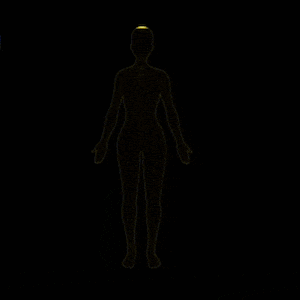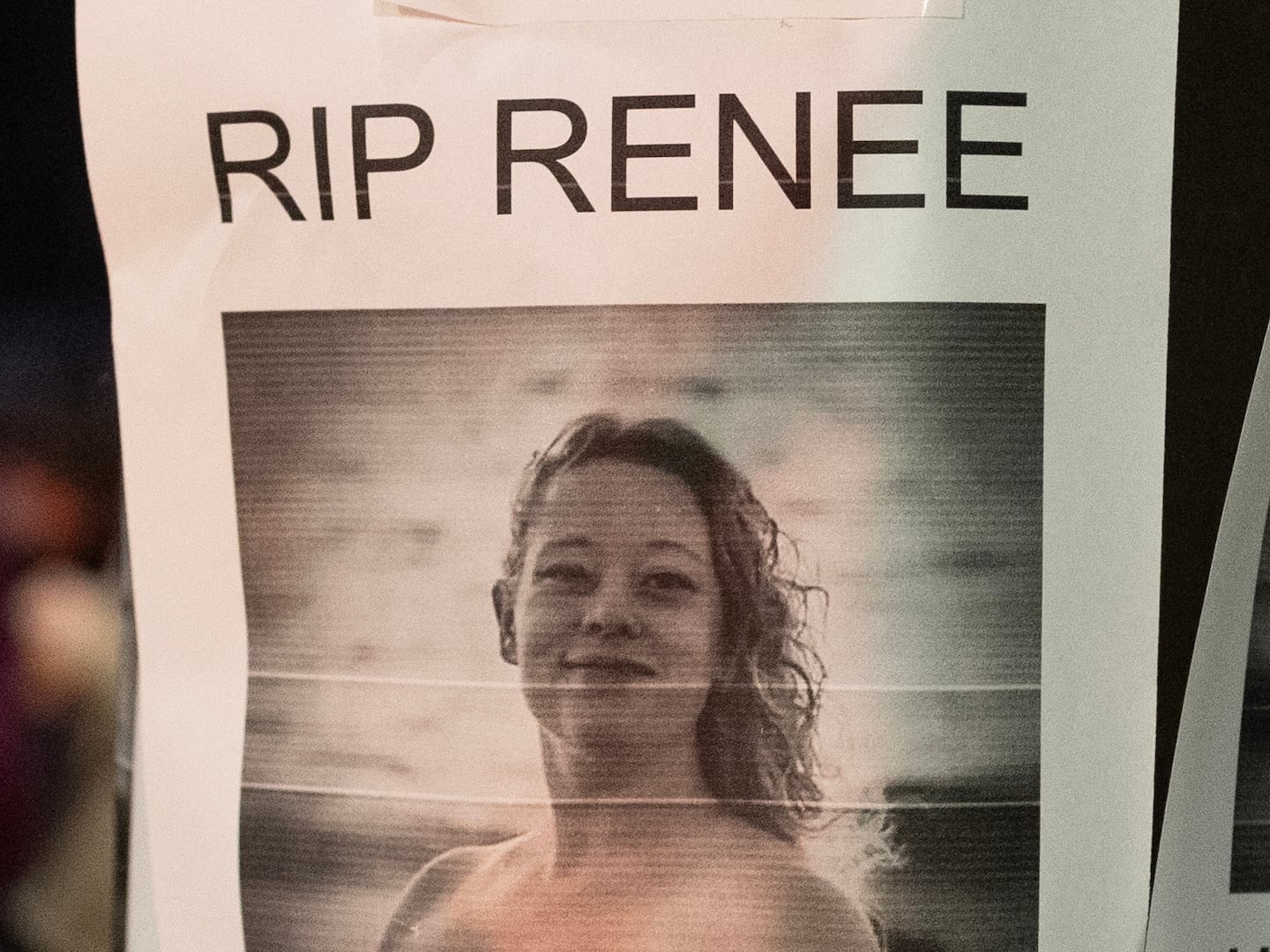It’s the genealogy service that shocked the criminal-justice world—and anybody with skeletons in the closet—with its role in cracking the case on the long-sought Golden State Killer suspect.
Now the gene-keepers are making it much harder for cops to use its clients private data to crack cold cases.
New terms of service from GEDmatch, one of the world’s largest DNA databases, will now require those who use its services to search for lost relatives to “opt in” if they want to allow law-enforcement officials to have access their data. The move will make it much harder for police to access the data on the site, and the DNA profiles it holds could even be rendered “useless” in solving cases, BuzzFeed News reports.
GEDmatch, which keeps profiles of more than 1.2 million people, has been involved in cracking more than 50 criminal cold cases. But after a BuzzFeed investigation exposed how the company “bent their rules” to allow a Utah police unit probing an assault case to access its database, the firm has changed its terms and conditions for users.
Now law-enforcement officials will have to get search warrants or take GEDmatch to court to get access to its database—a legal quadary that could eventually reach the Supreme Court.
“You will start to see search warrants being written on GEDmatch,” Paul Holes, a retired investigator who cracked the Golden State Killer case through DNA matching, told BuzzFeed News. “Of course there are going to be legal battles,” Holes told BuzzFeed. “It would not surprise me, years down the road, if this could be a U.S. Supreme Court issue.”
If the courts are suddenly involved with gaining access to DNA profiles, that could affect DNA genealogy companies like Ancestry and 23andMe, which currently do not share their clients’ profiles with police.
GEDmatch had restricted police searches to “investigations of homicides or sexual assaults,” but the BuzzFeed investigation showed that it relaxed the rules in a case that led to the arrest of a 17-year-old high-school student for assaulting a 71-year-old woman inside a Mormon church, allegedly putting her in a chokehold as she played the organ. The crime did not involve sexual assault or murder, but GEDmatch did allow access to its database because the elderly woman was reportedly afraid the assailant would return to kill her.
Under the new terms in effect from the weekend, law enforcement will only have access to profiles if the crimes are “murder, non-negligent manslaughter, aggravated rape, robbery, or aggravated assault” and only if users “opt in.” Over the weekend, GEDmatch changed all of its profiles to the “opt out” mode, meaning police have access to only those profiles whose users logged on to “opt in.”







